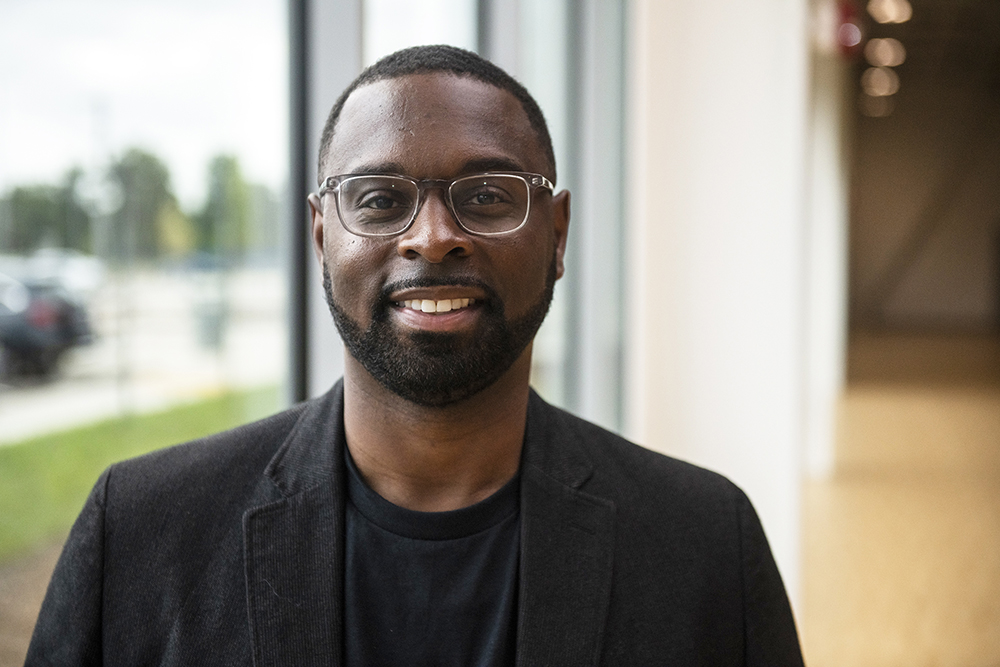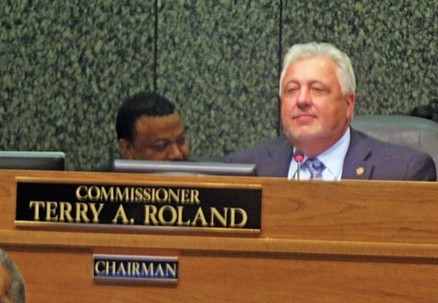Push is coming to shove in the public outrage stemming from the shooting death last week of MPD Officer Joseph McKinney. And the shoving, on behalf of stouter crackdowns on local crime, is coming from more sources than ever before.
Mayor Paul Young, who has arguably been somewhat slow on the draw in fleshing out his crime program, cruising along with an interim police chief and nobody yet to fill his ballyhooed position of public safety director, is suddenly all cries and alarms.
Sounding almost like some of the more active Republican critics of Memphis crime in the legislature, Young released a statement including these words: “Together, let’s petition our judges and the DA for stronger, swifter sentencing for violent offenses. If you are part of the judicial system, hear my voice first. We need to work together to do better for our community.”
DA Steve Mulroy himself expressed anger that a $150,000 bond that he’d previously set for previous crimes committed by the youth suspected in the death of Officer McKinney had been somehow amended by a judicial commissioner to allow the youth back on the streets through his own recognizance.
And Shelby County Commissioner Mick Wright, a leading critic of the current crime wave, was warning, on behalf of his commission mates, “We are not finished. … You’re going to see some judges get exited stage left if I have anything to say about it.”
It was a definite irony that, scarcely a week after the MPD had announced the 100th homicide in Memphis this year, Young scheduled this week’s public celebration of his first 100 days in office at Mt. Vernon Baptist Church.
Perhaps the mayor will use that occasion to outline further his and the city council’s plan for a new nonprofit organization to reverse the crime trend.
• Former Shelby County Democratic chair Gabby Salinas, who in recent years ran two close races against established Republican office-holders, has a different situation on her hands this year.
She’s running for the state House District 96 seat being vacated by Democratic incumbent Dwayne Thompson. Not a Republican contestant in sight so far, but Salinas has four Democratic rivals — Eric Dunn, Telisa Franklin, Orrden Williams Jr., and David Winston. She remains the favorite.
• As mentioned in this space of late, Democrats are seriously contesting the state House District 97 seat now held by Republican John Gillespie. Mindful of the potential perils of procrastination, they brought out some heavy artillery last week.
At a fundraiser for party candidate Jesse Huseth at the home of attorney Robert Donati last week, an important attendee was 9th District U.S. Rep. Steve Cohen, the county’s senior Democratic office-holder, who formally bestowed his endorsement on Huseth and was critical of Gillespie for legislative actions intended to shift various aspects of law-enforcement authority from the city to the state.
Cohen noted that the 97th, which was redistricted by the legislature last year, would now seem to be tilted demographically to Democrats in this election year — “up three points for Huseth and up five points for Biden.”
As Huseth himself put it, the East Memphis-based district had lost “four solid-red precincts and picked up two light-blue precincts and two light-red precincts.”
The point of the redistricting, which was carried out by the General Assembly’s GOP supermajority, remains something of a mystery, although it is said that Gillespie signed off on it, thinking it gave him more potential access to‚ and opportunity to serve, the business community.
• No doubt emboldened by the local unpopularity of Governor Bill Lee’s school-voucher program, which was formally opposed by the Memphis-Shelby County School Board and by the boards of the six municipal school districts as well, Democrats are taking another crack at the state House District 83 seat held by Mark White, House education chair and a champion of vouchers.
At least one Democrat is: political newcomer Noah Nordstrom, an MSCS Spanish teacher.

 Jackson Baker
Jackson Baker